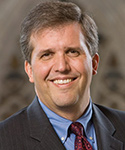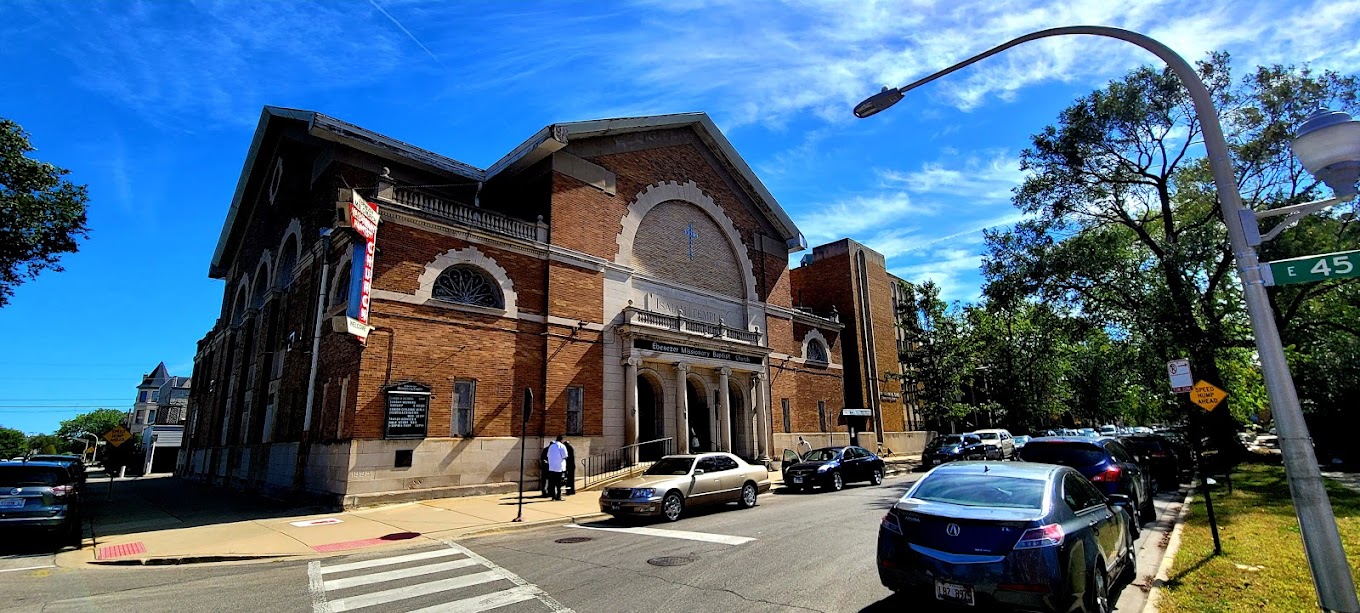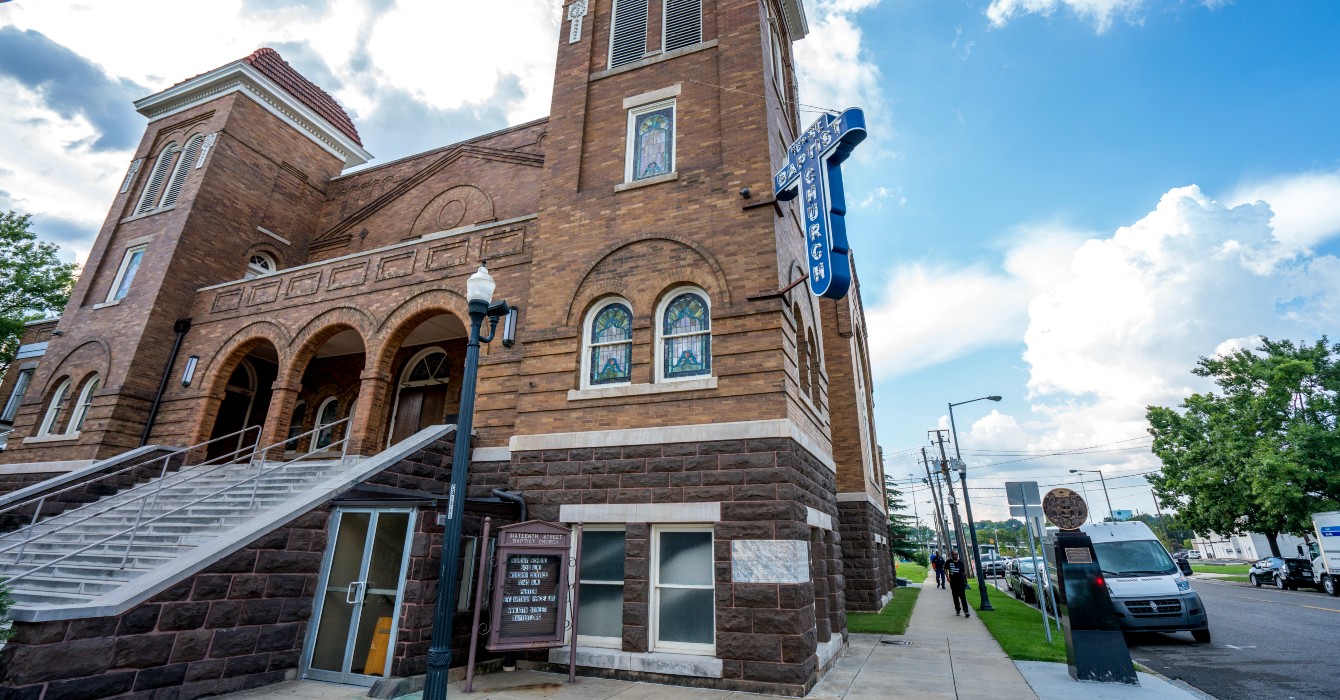What would it mean to become a “global citizen”? Can progress be achieved by rallying people of goodwill to care for others? Or do we need also to acknowledge the complicated dynamics of brokenness in the world, including in our own lives?
Bill and Melinda Gates call for people to be “global citizens” at the end of their 2015 annual letter. It is clear they are hoping to rally people to work to improve the lives of people around the world on crucially important issues where their foundation is engaged (and, presumably, on other topics as well).
It is hard to argue with the rhetorical appeal of the letter’s call, especially after reading its account of the remarkable advances that have occurred in recent years in global health, education and poverty. These advances are in no small measure thanks to the herculean efforts of the Gates Foundation and its grant making. It is no wonder that Bill and Melinda Gates are “doubling down” on their bets.
The Gates letter, released to considerable media attention and designed to be a major statement about where the world’s largest foundation is heading, seeks to define and describe a major advance in philanthropic strategy both for the Gates Foundation and for foundations more generally.
Yet its clarion call for “global citizens” exposes an Achilles’ heel in its approach. For the Gates letter’s image of global citizens is rooted in optimism about “progress” that fails to account for the brokenness in the world, a brokenness that also cuts like a sword through every human heart.
It would be too easy, and unfair to the Gates family and its foundation, simply to point to the inability of the United Nations to function effectively as a global representative assembly, or to describe the terrors of ISIS, or the ways that Ferguson exposed ongoing realities of racism and persistent divides in how people perceive and interpret events. After all, they could easily respond that they hope to focus attention in positive directions precisely as a way to overcome the discouragement and paralysis that “ain’t it awful” attitudes produce.
Indeed, “positive” psychologists such as Martin Seligman have shown in research that optimists accomplish much more than pessimists, even if pessimists typically have a more accurate interpretation of reality. So Bill and Melinda Gates, along with much of the world of philanthropy and the rhetoric of entrepreneurs, seem right to focus on the promising prospects for progress.
Still, the pessimistic readings of reality rear their ugly heads, often undermining grand hopes and creating tragic results. Despite billions of dollars in well-intentioned and well-designed philanthropic commitments in education by the Gates Foundation and others, the quality of teaching and learning is still ineffective.
The Gates letter speaks powerfully about developing technology for Africa to feed itself, but corrupt governments and persisting violence in local areas as well as across borders prevent access to available food. At points, the letter hints at awareness of these bleaker dimensions of the situation, but the focus is on the possibilities for progress.
Is there a way to acknowledge the pessimists’ accurate rendering of reality and still retain an optimistic rendering of the future? I believe there is, but it requires that we adopt an “opposable mind” that keeps both convictions in tension.
In Christian terms, it is rooted in the virtue of hope, something quite distinct from optimism. Hope is rooted not in who we are and what we can do; rather, it is rooted in who God is and what, by the power of the Spirit, we can become.
Maggy Barankitse offers a beautiful example of the power and significance of hope. She looks and sounds like an exemplar of the Gates “global citizen,” both in her spirit and in her effectiveness in addressing issues of health, education, poverty and opportunities for children in Burundi, Rwanda and eastern Congo.
More than 30,000 children have been directly affected and formed by Maggy’s work through Maison Shalom. Her innovative spirit, boundless compassion and incredible execution are a wonder to behold.
Yet Maggy is not an optimist, even though she has accomplished amazing results. Neither is she a pessimist, even though she has personally witnessed humanity at its worst in a massacre that included the beheading of her best friend as well as other friends and family members.
At the heart of Maggy’s vision is hope, a hope rooted in God. I asked her where she gets the courage and persistence to sustain her work and accomplish her vision, and she responded that the task is often frustrating and hard. She noted the problems of patriarchy and corruption in government, the difficulties in funding, and the ongoing realities of violence and war as well as the brokenness in families.
She then shared that she sustains her hope through prayer. She said she prays for an hour every afternoon by herself, an important centering time for her. In addition, she said, she prays the same prayer every morning when she first wakes up.
“What is that prayer?” I asked. She said she wasn’t sure how it would sound in English, her third language, because she prays it in one of her first two languages, Kirundi or French. After a pause, she said it goes like this:
“Lord, let your miracles break forth every day, and let me not be an obstacle in any way.”
She is a person of hope, confident that God can work miracles, and also cognizant of the fact that sin, evil and brokenness reside not only “out there,” in politicians and other powerful evildoers, as well as broken systems, but also “in here,” in all of our hearts and lives. I am confident that Maggy has far less cause for worry about being an “obstacle” than do I or many other aspiring global citizens, because she is so keenly aware of the need for vigilance.
Sin is unlearned in and through particular relationships, and we can have a “global” aspiration only if we are engaged in cultivating specific communities rooted in deep relationships. Maggy is globally significant especially because she is so deeply rooted in the particular.
Greg Dees is often referred to as the “father of social entrepreneurship,” especially as a field of study. He was throughout his life a pioneer and an exemplar of innovation, creativity and generosity, a global citizen par excellence. And yet, in conversations shortly before he died, he suggested to me that he thought it is crucial to re-connect social entrepreneurship and innovation to faith communities in order to recover and deepen key sources of wisdom.
I suspect that Greg was pointing to people like Maggy, not just as a person who is motivated to do good by her faith, but as a person whose prayer reflects a deep and abiding sense of what it means to read and interpret accurately the dangers lurking in our lives and world while retaining a passionate commitment to a life-giving and innovative future.
Alongside the investments in technology and innovative approaches, philanthropy will achieve its promise only when it connects more deeply with mindsets and practices that recognize and embody both the pessimists’ reading of reality and the optimists’ belief that change is possible. More than aspirational “global citizens,” what we need to cultivate is people of hope.









